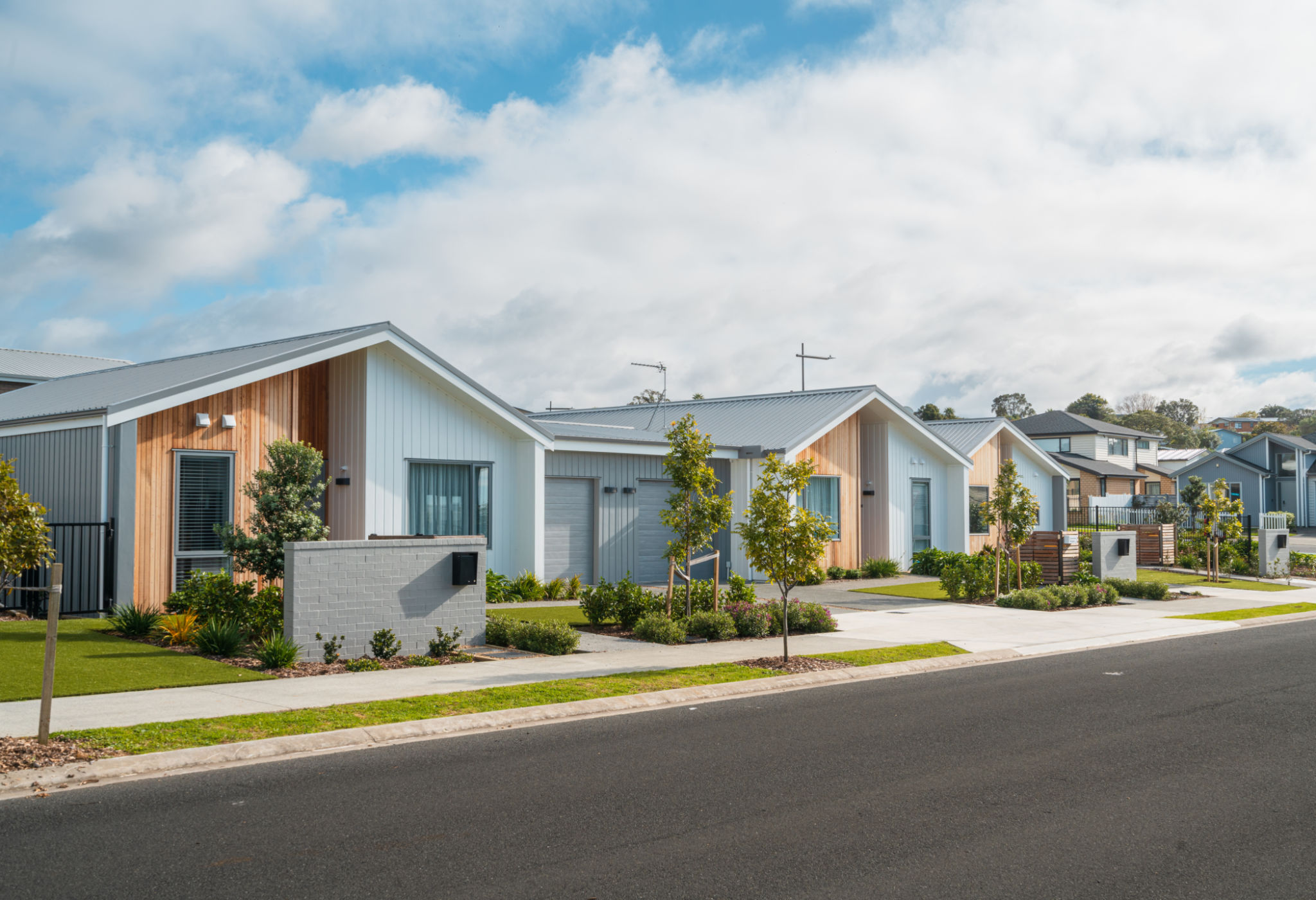Understanding Scottsdale's Short Term Rental Regulations
DS
Introduction to Short Term Rentals in Scottsdale
Short-term rentals have become increasingly popular across the United States, and Scottsdale is no exception. With its stunning desert landscapes, vibrant arts scene, and world-class golf courses, Scottsdale attracts tourists year-round. This rise in popularity has led to the need for specific regulations governing short-term rentals in the area.
Understanding these regulations is crucial for property owners who wish to rent out their homes or condos on platforms like Airbnb or VRBO. Without compliance, you risk facing fines or other penalties. Let's dive into the key components of Scottsdale's short-term rental regulations to ensure you stay on the right side of the law.

Overview of Short Term Rental Regulations
In Scottsdale, short-term rentals are defined as properties rented for less than 30 consecutive days. These properties must comply with state laws as well as local ordinances. The city has implemented specific rules to ensure that short-term rentals do not disrupt the community or pose safety risks.
One of the primary requirements is that property owners must have a transaction privilege tax (TPT) license. This ensures that appropriate taxes are collected on rental income. Additionally, owners are required to provide emergency contact information to the city, ensuring rapid response if issues arise.

Permitted Locations and Zoning
It's important to note that not all areas in Scottsdale are zoned for short-term rentals. Property owners need to verify that their property is located in a zone where such rentals are permitted. Zoning laws are designed to maintain the character of neighborhoods and prevent commercialization in primarily residential areas.
Before listing a property as a short-term rental, check with the local zoning department to ensure compliance. Violating zoning regulations can result in fines and other legal repercussions.
Operational Requirements and Restrictions
Scottsdale imposes several operational requirements on short-term rental properties to ensure they do not negatively impact neighbors. For instance, there are noise regulations that owners must enforce with their guests. Parties or events that could disturb nearby residents are typically prohibited.
Additionally, property owners are encouraged to implement safety measures such as smoke detectors, fire extinguishers, and secure locks. Ensuring that your property is safe not only protects your guests but also reduces liability risks.

Financial Considerations for Property Owners
Understanding the financial implications of operating a short-term rental is essential. Beyond obtaining a TPT license, owners must be diligent about collecting and remitting taxes on rental income. Failure to do so can result in hefty penalties from both state and local tax authorities.
Furthermore, property owners should consider the costs associated with maintaining a short-term rental. Frequent cleaning, repairs, and updates can add up quickly. Creating a detailed budget can help ensure that your rental remains profitable.
Ensuring Compliance and Avoiding Penalties
Compliance with Scottsdale's short-term rental regulations is crucial for avoiding fines and maintaining a good standing in the community. Regularly reviewing local ordinances and staying informed about any changes will help you remain compliant.
Consider working with a property management company if you're unsure about handling the complexities of short-term rentals yourself. They can assist with everything from guest communication to tax compliance, making it easier for you to manage your property effectively.
